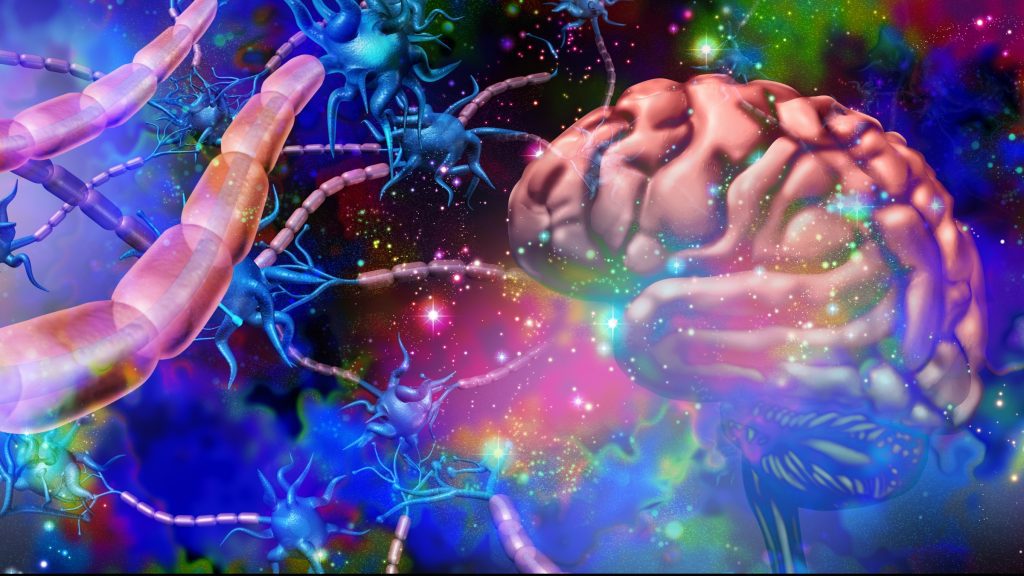
On April 3, University College London researchers published a study in Nature Communications introducing MindGlide, an AI in medical imaging tool that detects and quantifies multiple sclerosis (MS) brain damage from a single MRI scan.
Trained on 4,000 scans from 3,000 patients, MindGlide’s deep learning algorithm overcomes inconsistencies across MRI machines to identify lesion patterns usually missed by traditional methods.
AI in medical imaging and diagnostics could make scanning brains more common and useful, especially for big hospitals with large MRI archives.
“Using MindGlide will enable us to use existing brain images in hospital archives to better understand multiple sclerosis and how treatment affects the brain,” said lead author Philipp Goebl, PhD.
Goebl added the AI in neurology applications can reveal secrets behind everyday scans and can be advantageous to researchers and patients alike.
“In the near future, [we hope] to better understand a patient’s condition through AI in the clinic,” Goebl said, adding, “We hope this will be possible in the next five to 10 years.”
Compared to traditional methods involving scanning a variety of scans and expert analysis, MindGlide the AI in medical imaging tool, is rooted in deep learning on 4,000 scans of nearly 3,000 patients. AI in medical image analysis identifies lesion patterns from a single scan, regardless of machine model or scan difference.
MS Tracking with AI-based Neurology
AI algorithms used in healthcare were tested on nearly 15,000 scans from 1,000 patients and outperformed other technologies at tracking lesion development and brain loss. In primary progressive MS patients, for example, MindGlide confirmed Ocrevus treatment effect by detecting reduced lesion growth and brain volume loss from a single scan.
It also compared data from a simvastatin trial in secondary progressive MS, showing similar results across scan types. Although the drug did not slow lesion progression, it was linked to reduced brain atrophy.
One advantage of AI in medical imaging is its ability to compare older, routine scans, expanding the horizon for more affordable clinical trials and improving real-world treatment.
It’s still not perfect, but…
As the researchers noted, MindGlide is only used on brain scans, although MS also ravages the spinal cord. “Future work should expand our approach to the entire central nervous system,” the scientists wrote.
In the meantime, MindGlide is a giant step in using AI in neurology to distill complicated brain data – and make it more pertinent – for MS patients.
Inside Telecom provides you with an extensive list of content covering all aspects of the Tech industry. Keep an eye on our Medtech section to stay informed and updated with our daily articles.